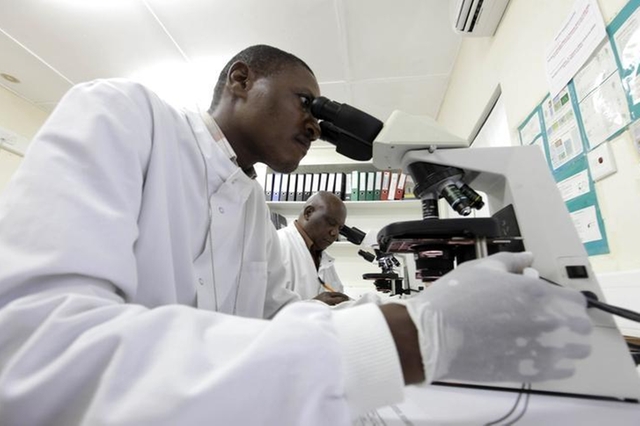
Jonathan Kamoga, The East African

A resurgence of malaria cases and deaths in Uganda is worrying the medical fraternity amid reported shortage of medicines.
According to Jimmy Opigo, the programme manager for malaria control at the Ministry of Health, preliminary findings point to a drop in usage of mosquito nets, mutation of the malaria parasite and increase in drug resistance.“We are also studying whether Covid-19 could have had some impact,” Dr Opigo said.
Some private and public hospitals in high risk districts are reporting an increase in the number of malaria patients seeking treatment in the facilities, health workers said.“Most of the inpatients at our facility are malaria patients although we have many outpatients coming in daily. Most of the drugs we have been stocking for the bigger part of this year are malaria drugs,” said Annet Nsole, a lab technician at Kasana Health Centre in Luweero district.
According to August data from the Ministry of Health, about 46 districts across the country are currently experiencing a surge in the number of new malaria infections.“We have made some progress. We had over 70 districts, and we are now down to 40. But it’s still one third of the country, and that is really high,” Dr Opigo said.
In the last two weeks of August, the country registered 199,695 new cases with 35 deaths. Since the peak of the upsurge in January, the average number of bi-weekly new infections stood between 200,000 and 250,000.
This year’s figures are higher than last year’s average of between 100,000 and 120,000 new bi-weekly infections, Health ministry’s data shows.
The ministry has reported that about 23 percent of districts lack enough Artemisinin-based combination therapy stocks for treatment of patients.
Increased supplies
“This is mostly because of logistical constraints. But currently as government, we are increasing supplies in terms of medicine and mosquito nets in high risk areas. In some others, we are spraying. We are now enhancing case investigation and running media campaigns to create awareness within the population,” Dr Opigo said.
But most of these interventions have been constrained by limited funds.
According to Dr Opigo, the Health ministry spends about $140 million annually in the fight against malaria but the current upsurge has created a funding gap. Recently, the ministry secured $14 million from the Global Fund to help them finance the current upsurge, but officials say more funding is still needed.“We run long-term grants of about three to four years so what we did was to call forward the money for 2023 to help us increase medicine supply mostly. We are sourcing for more so we can be able to fill the gaps created by the increasing consumption arising from the upsurge,” Dr Opigo said.